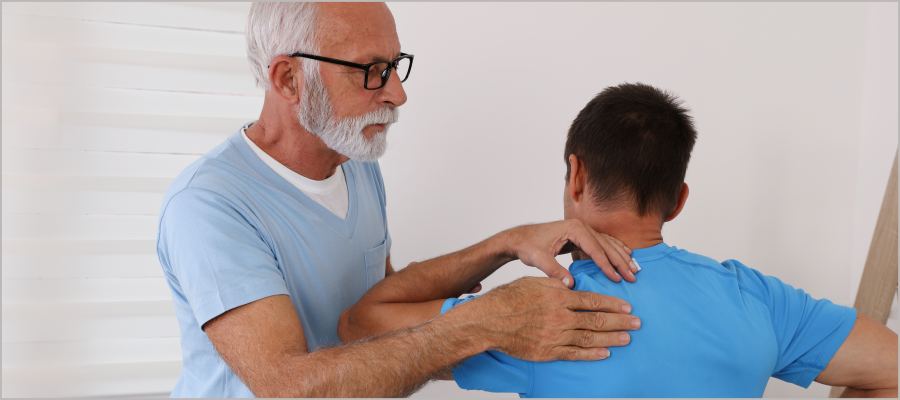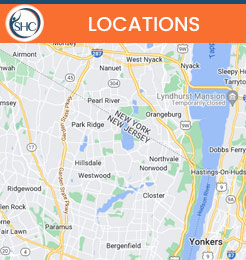Signs of Scoliosis: What to Look Out For
Scoliosis is a condition characterized by an abnormal curvature of the spine that can affect posture and cause discomfort. At The Spine and Health Centre of New Jersey, our specialists help identify early signs of scoliosis, such as uneven shoulders or waist, to provide timely intervention. For more information, contact us or request an appointment online. We have convenient locations to serve you in Closter, Montvale, and Park Ridge, NJ




Additional Services You May Need
▸ Acupuncture
▸ Physical Therapy
▸ Chiropractor
▸ Functional Medicine
▸ Sports Performance
▸ Vestibular Physical Therapy
▸ Schroth Method For Scoliosis
▸ Active Release Technique
▸ LSVT BIG For Parkinsons
▸ Pediatric Chiropractic Care
▸ Graston Technique Muscle Therapy
▸ Functional & Kinetic Treatment with Rehabilitation
▸ Trigenics
▸ Blood Flow Restriction Therapy
▸ Head & Neck Pain
▸ Shoulder Pain
▸ Back Pain
▸ Elbow Pain
▸ Hand & Wrist Pain
▸ Hip Pain
▸ Knee Pain
▸ Foot & Ankle Pain
▸ Post-Operative Treatment
▸ Pediatric Physical Therapy
▸ Anxiety & Stress
▸ Personal Injury
▸ FMS/SFMA Trained
▸ Titleist Performance Institute Certified
▸ Kinesio Taping/Rock Tape
▸ Pregnancy Chiropractic








